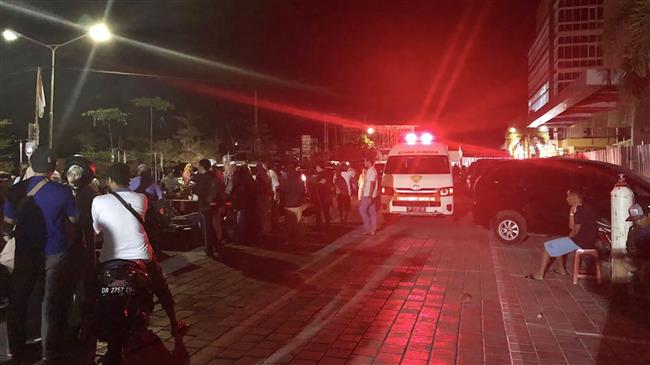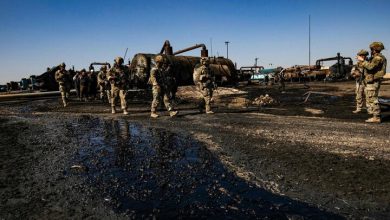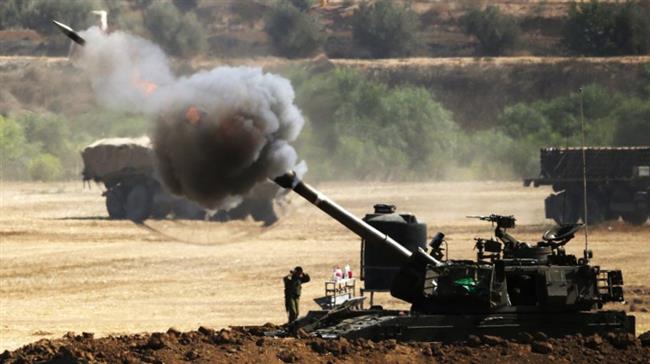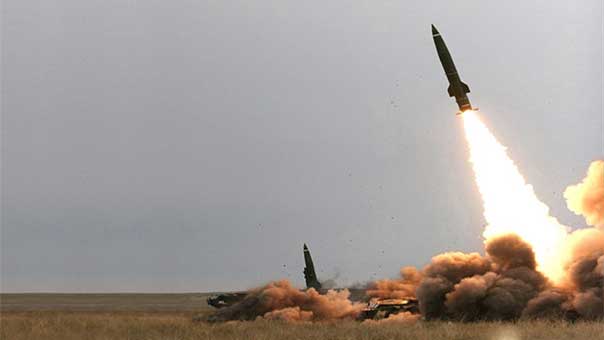Iran to enhance the range of its missiles, with a senior diplomat indicating a definite response to ‘israel’ is forthcoming
The chairman of Iran's Strategic Council on Foreign Relations indicated that the Islamic Republic may extend the range of its missile capabilities, cautioning that the nation could revise its entire military strategy should it encounter an existential threat.
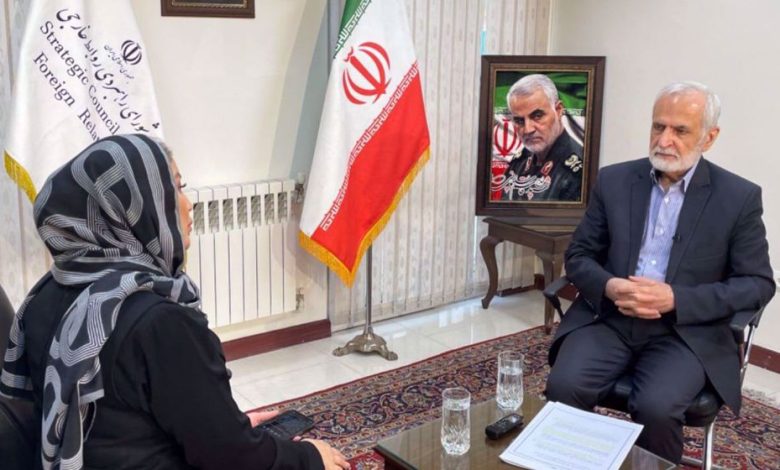
In a recent interview with Lebanon’s al-Mayadeen television, Kamal Kharrazi stated that the Islamic Republic of Iran would be compelled to alter its military doctrine in the event of an existential threat to the nation.
He emphasized that Iran possesses the capability to produce nuclear weapons; however, it is restrained by a religious decree issued by the Leader of the Islamic Revolution, Ayatollah Seyyed Ali Khamenei, prohibiting the development of weapons of mass destruction.
“The requisite capability for nuclear weapon production is now within reach; however, the sole barrier to advancing this agenda remains the Leader’s religious edict, which explicitly forbids the manufacture of such weapons.”
Kharrazi addressed concerns about the range of Iran’s missiles, stating that the country has previously respected Western, particularly European, sensitivities. However, he indicated that if these nations do not reciprocate by respecting Iran’s concerns, especially those related to the territorial integrity of the Islamic Republic, there would be little justification for Iran to continue acknowledging their considerations.
Consequently, there is potential for the expansion of the range capabilities of Iran’s missile arsenal.
In response to Israel’s recent lethal attacks on Iranian military installations, Kharrazi asserted that Iran “will undoubtedly retaliate at an appropriate time and manner.”
He reaffirmed Iran’s position of disinterest in broadening the conflict across the region, while emphasizing their preparedness for war if necessary.
In a recent statement, Kharrazi highlighted what he described as “miscalculations” by Israel in its military actions in Gaza and Lebanon. He asserted that Israel’s belief in being able to dismantle Hamas and Hezbollah by targeting these regions was misguided. Kharrazi emphasized that the elimination of leaders within these groups was assumed to lead to the downfall of these popular movements. However, he noted that this strategy had not played out as expected, with acknowledgments of these miscalculations reportedly coming from within Israel itself.
Since early October 2023, Israel has been engaged in a severe two-front conflict, resulting in the deaths of over 43,259 individuals in the Gaza Strip and at least 2,867 in Lebanon, according to reports.
During the same timeframe, the regime in power has carried out assassinations of key resistance figures, including Hamas political bureau chief Ismail Haniyeh and Hezbollah Secretary General Sayyed Hassan Nasrallah.
In a move demonstrating solidarity with Palestinians in Gaza, resistance groups have initiated counterattacks on Israeli positions, pledging to persist in their efforts until the military actions in Gaza are halted.
In retaliation to Israel’s targeted killings of senior leaders within the resistance movement, Iran launched Operation True Promise 2 earlier last month.
Iran has declared its firm commitment to retaliate against a recent act of aggression attributed to Israel, asserting its determination to uphold and defend its sovereign rights.
